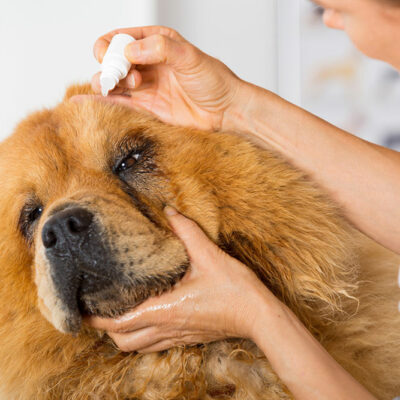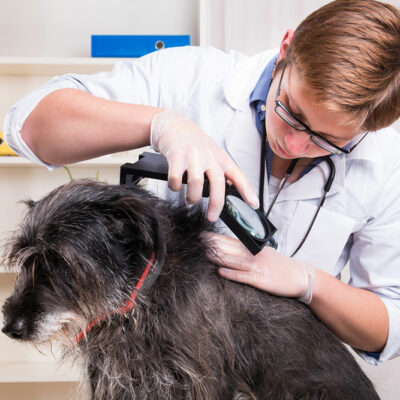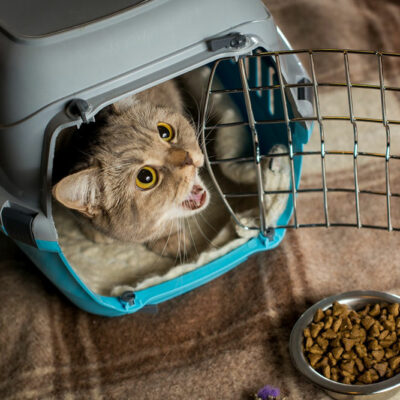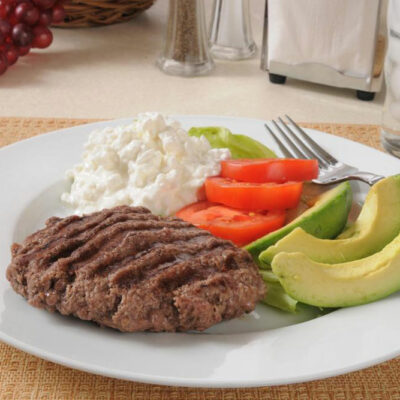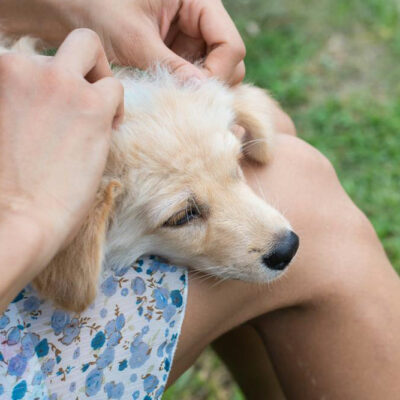
Pets
Common dog allergies and their treatments
Common dog allergies and their treatments You will find that dogs suffer from different kinds of allergies, like food allergies, skin allergies and even allergies from environmental allergens. What is more challenging when it comes to dog allergy is that symptoms are of various types, and they often overlap. Herein, we discuss the various allergies that dogs suffer from and the appropriate natural treatment options. Types of dog allergies Dog allergies can be of various types, prime among them are Skin allergy It is a common type of dog allergy wherein the allergen is a flea bite or food substance. Insect bite allergy can be an exaggerated response to stings or bites of specific insects such as spiders, ticks, fleas, deer flies, blackflies, horseflies, ants, bees, mosquitoes, wasps, and bees. Flea saliva is unarguably the most common allergen that triggers flea allergy dermatitis. Inhalant allergy The main inhalant allergens include tree pollen, grass pollen, molds, house dust mites, mildew, and weed pollens. Symptoms may include bronchitis in dogs but it usually manifests as itchy skin, the condition is known as inhalant allergic dermatitis. While symptoms can be controlled, a permanent cure is not possible. You can conduct skin tests to identify the allergens and try to protect your pet from getting exposed.


